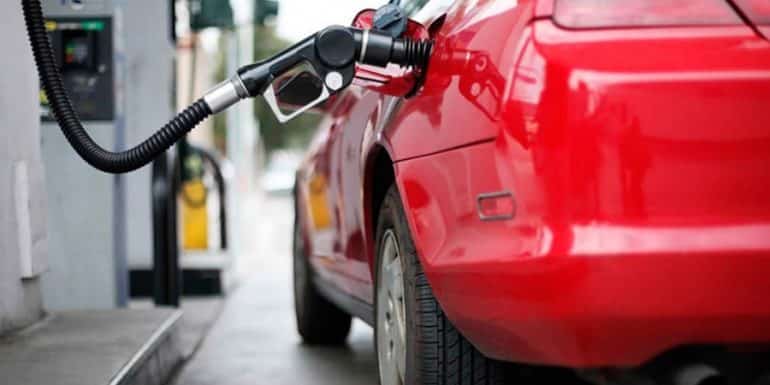Hundreds of people demonstrated on Monday against rising prices and endemic corruption in Panama, prompting the government of President Laurentino Cortisso to announce a cut or freeze in the prices of fuel and several basic products.
"I understand the dissatisfaction of various sectors in front of the situation we are living in, which is due to the impact of the pandemic and the consequences of the conflict in Ukraine," said Mr. Cortisso during his address to the citizens.
He announced that the price of a gallon (of 3,78 liters) of fuel will now be "3,95 (US dollars) for private cars nationwide from July 15", a measure that already applies to public vehicles and public transport from May.
This is the second week of mass demonstrations in Panama to protest fuel price hikes, which rose 47% from January to July.
Mr. Cortisso also announced that his government will draw up a legislative decree that will freeze the prices of about ten basic products.
Several unions, however, have announced that mass action will continue until the price of fuel falls below $3 a gallon and until there is a general reduction in prices.
In the western provinces of Veraguas and Chiriqui, on the border with Costa Rica, protesters blocked the Pan American Highway, which connects the country to the rest of Central America.
In the capital, students clashed with police around the University of Panama, where a group temporarily seized a police patrol car.
Inflation "means that fewer and fewer people can live with dignity," said Saul Mendes, general secretary of the main construction workers' union in the Central American country.
For Mr. Mendes, in order for citizens to regain their purchasing power, the prices of medicine, food, electricity and fuel must be reduced or frozen and general wage increases must be given.
The Panamanian government announced on Monday that social dialogue had begun in the city of Santiago de Veraguas, but no agreement had been reached.
Source: RES-EAP
